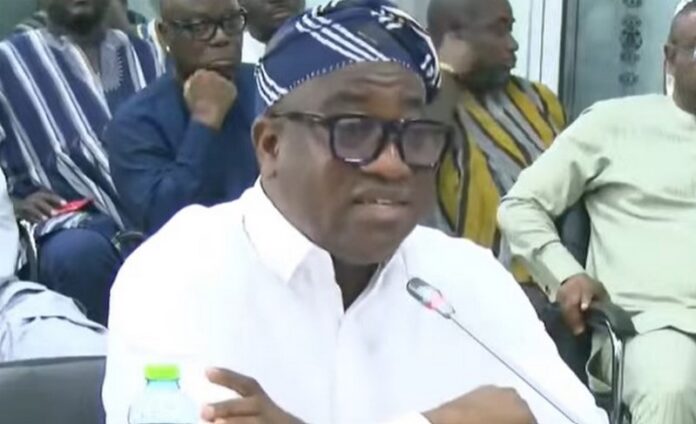A total of 155 candidates from all 16 regions of Ghana have submitted their nominations to contest for positions in the upcoming Council of State elections, scheduled for today, February 11.
These highly anticipated elections play a vital role in Ghana’s governance structure, determining regional representatives who will advise President John Dramani Mahama on critical national issues.
The Electoral Commission (EC) has disclosed that the aspirants comprise 145 males and 10 females, underscoring a notable gender disparity in the competition.
Although the number of female candidates remains relatively low, their involvement signifies a step toward enhancing women’s representation in national decision-making bodies.
The candidates have successfully met the nomination requirements, which mandated them to satisfy specific eligibility criteria set by the EC. These included proving their Ghanaian citizenship, demonstrating good standing in society, and completing all necessary administrative formalities before the nomination deadline.
Unlike parliamentary and presidential elections, the Council of State election is not open to the general public. Instead, the selection follows an Electoral College system, where voting is conducted by designated representatives from each district.
Each of Ghana’s 261 District Assemblies nominates two representatives, forming a pool of electors responsible for selecting the final Council of State members.
These electors play a crucial role in ensuring a fair and democratic selection process, as they are expected to evaluate candidates based on their experience, expertise, and capacity to contribute effectively to national governance.
The Council of State is a constitutionally mandated advisory body that offers guidance to the President on policy development and national governance.
Established under Article 89 of the 1992 Constitution, the Council serves as an essential consultative entity, providing expert advice on governance matters and national security.



